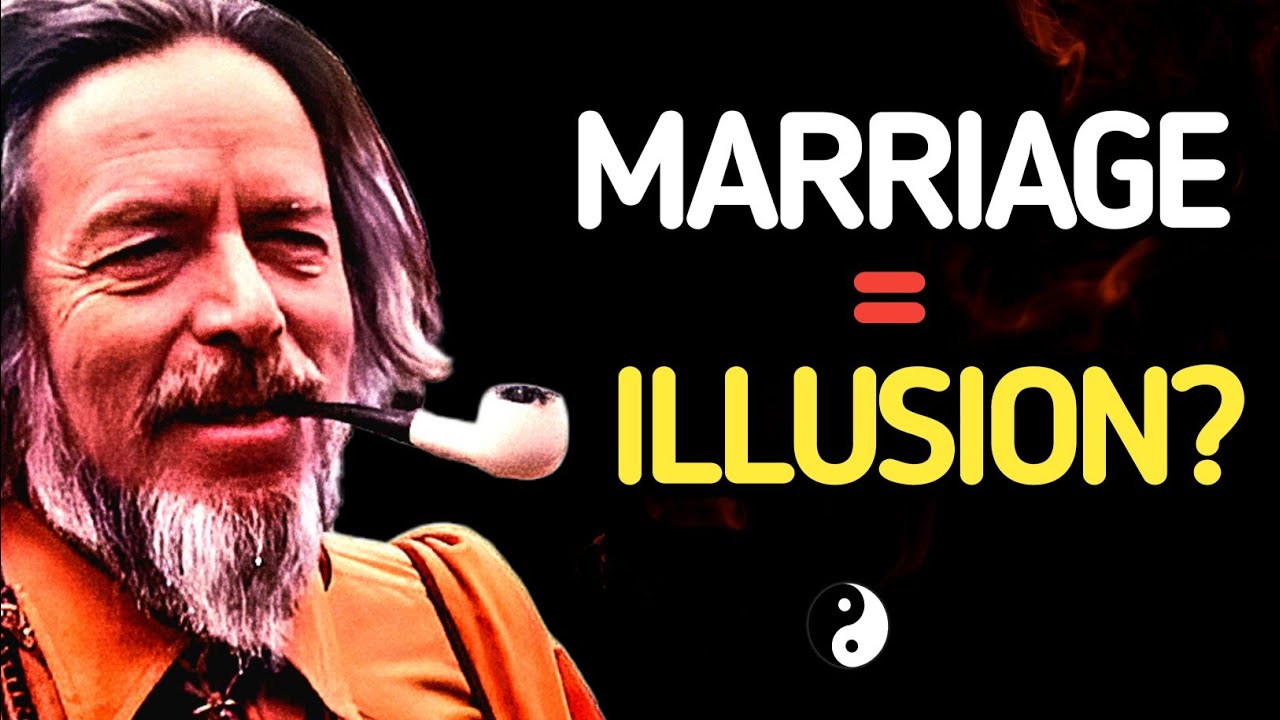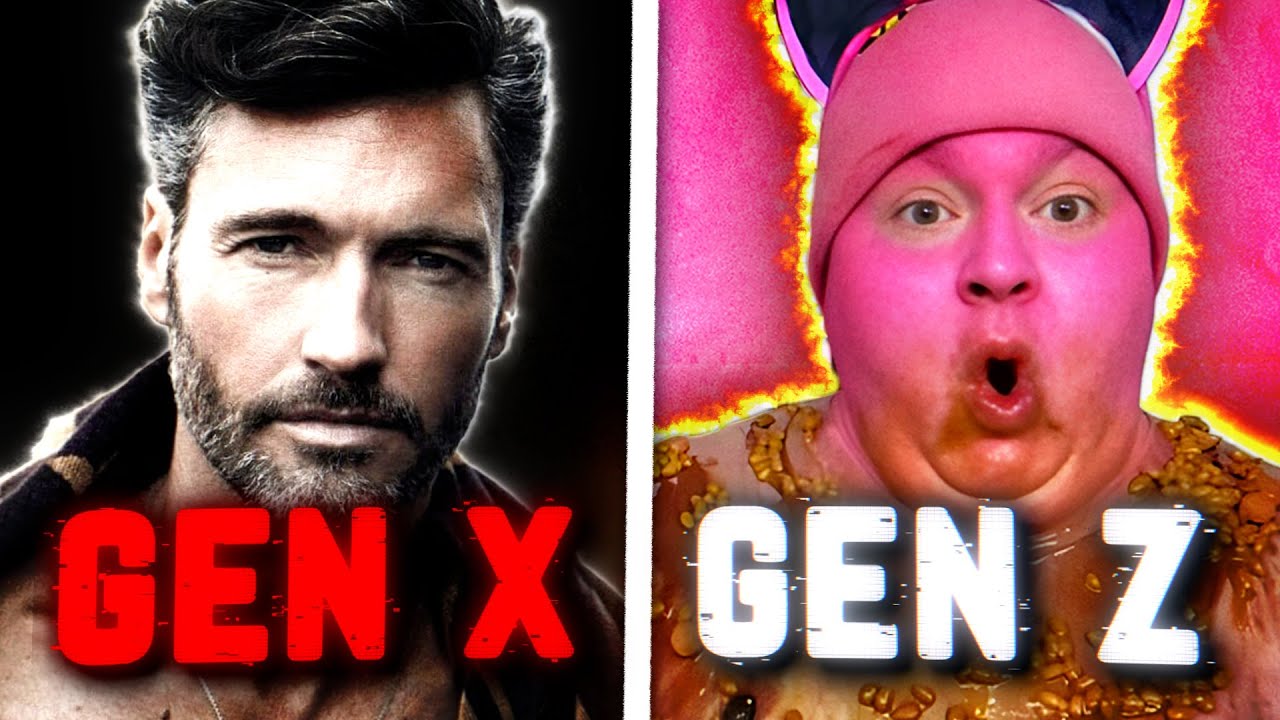
If you could imagine walking down a long dirt road, the same path your parents have traveled, you’d probably picture a journey filled with milestones that stretch out in front of you. These landmarks are considered rites of passage by your parents, but as you traverse this path, these milestones seem to get further and further away. Sometimes, you’re hindered by storms and muddy roads, and despite your efforts, it feels like you’ve barely made any progress. This metaphorical journey is an apt depiction of the struggles faced by Generation Z.

The Hand They’ve Been Dealt
Generation Z, often referred to as the most apathetic, cynical, and detached generation in living history, has been dealt a challenging hand. The traditional life progression—finding a meaningful relationship, buying a home, starting a family, securing a good job—has become increasingly difficult to achieve. Society once had set structures that guaranteed rewards for those who followed the rules, providing a sense of purpose and meaning. However, these structures have been systematically stripped away over the past few decades.
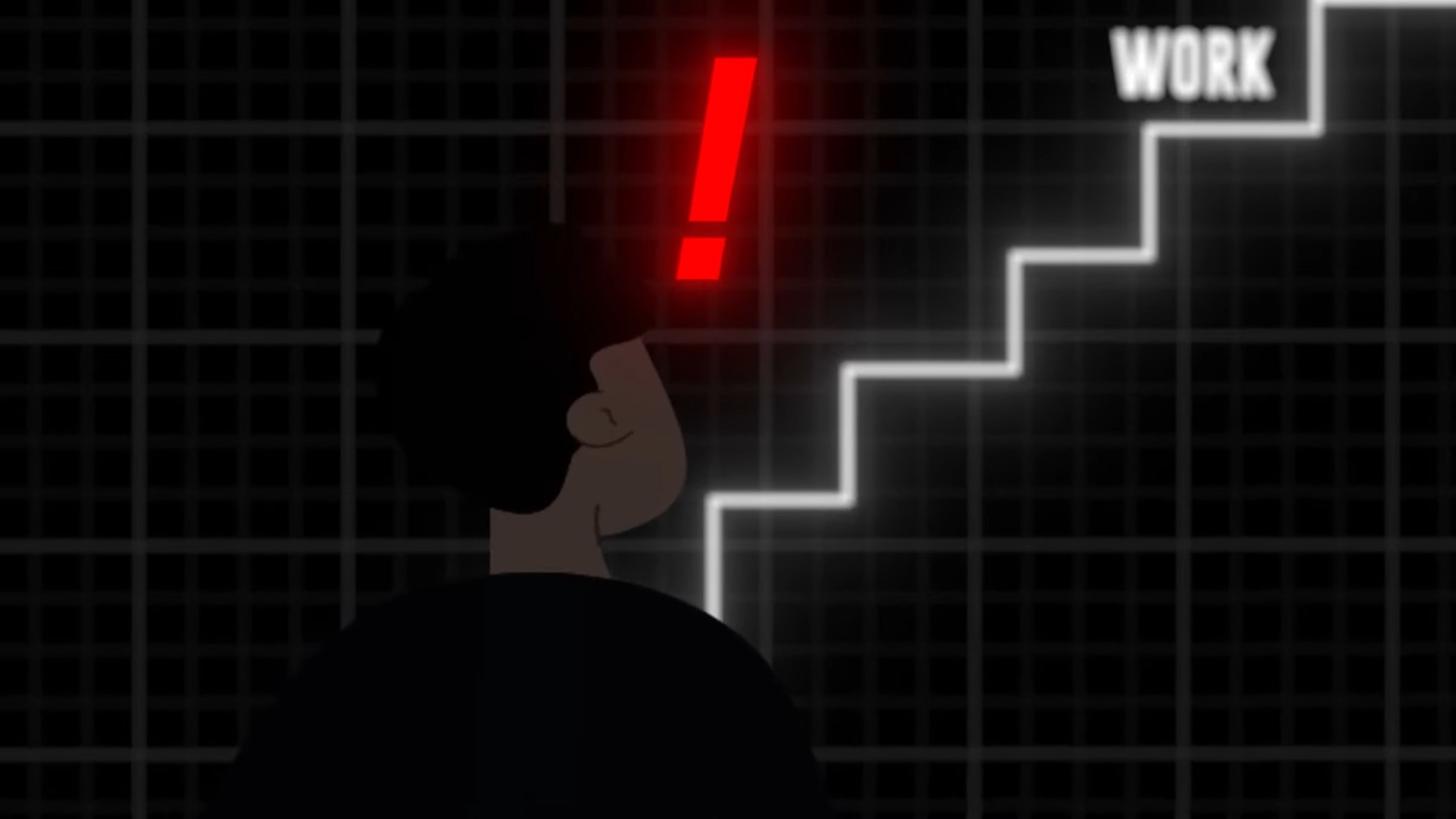
Growing up, they were told they could achieve anything, but the reality they grew into was far from this promised paradise. A few hundred years ago, people learned about the world from those around them and built their beliefs based on their community’s structure and traditions. The Enlightenment and the Scientific Revolution expanded these worldviews, and as religion lost its dominant role, ideology came in to replace it.
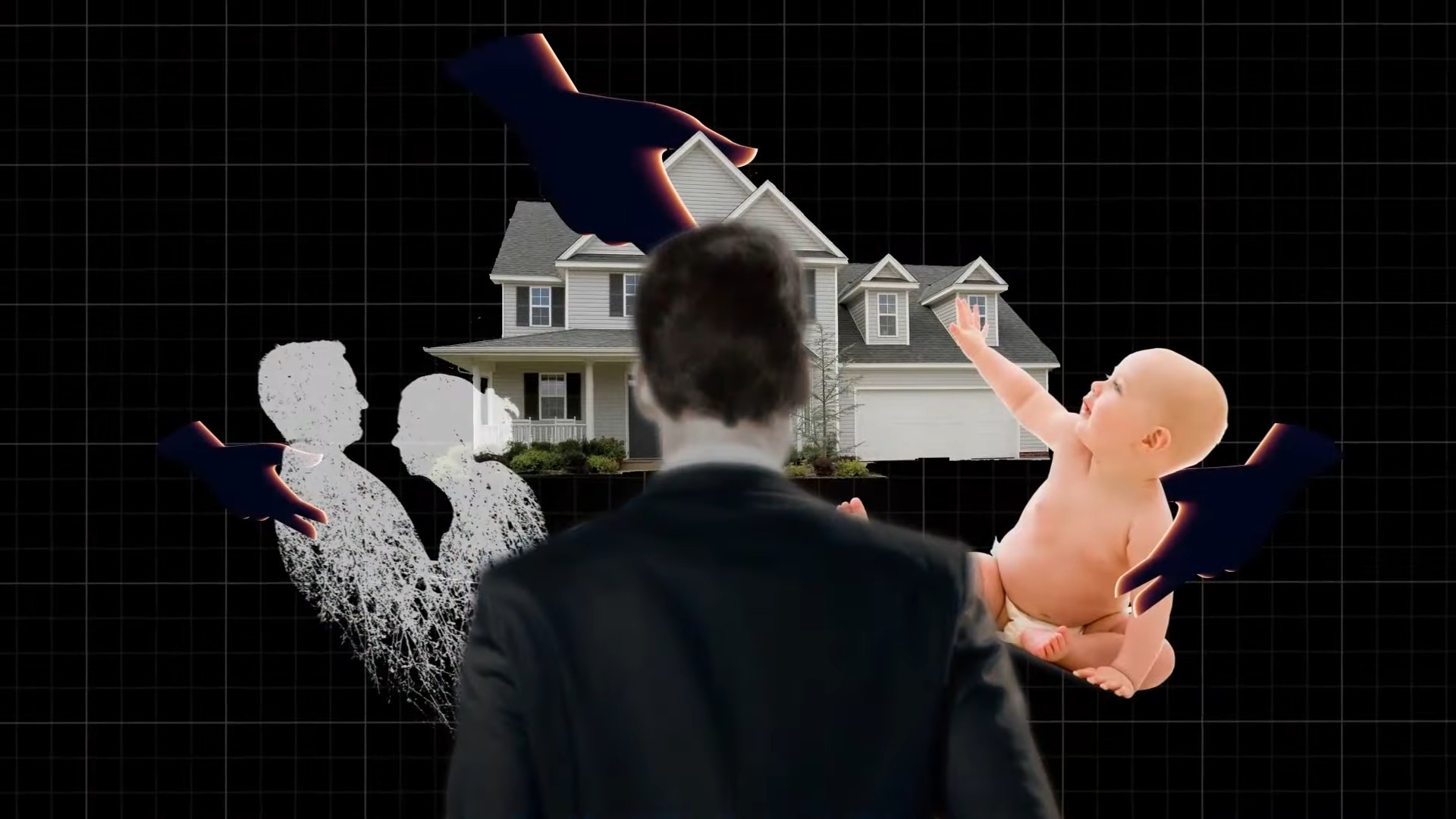
The Internet and Hyperreality
But even as traditional structures were replaced by ideological ones, there was still a clear path and worldview shared among communities. Then came the internet, access to mass media from across the world, and a sea of ideas for young minds to navigate.
This has led to the phenomenon of hyperreality, described by philosopher and sociologist Jean Baudrillard as a world beyond worlds.

Hyperreality, a term coined by French sociologist and philosopher Jean Baudrillard, refers to the phenomenon where the distinction between reality and a simulation of reality becomes blurred. In Baudrillard’s view, our postmodern society is characterized by a proliferation of such simulations, or simulacra, which can often feel more real than reality itself.
According to Baudrillard, we live in a world where ‘maps’ of reality – such as those presented through television, film, and social media – are perceived as more real than our actual lives. This state of hyperreality arises when the representation of things takes precedence over the things themselves. It is a condition where people can no longer distinguish the real from the fabricated, leading to a state of perpetual cultural confusion.
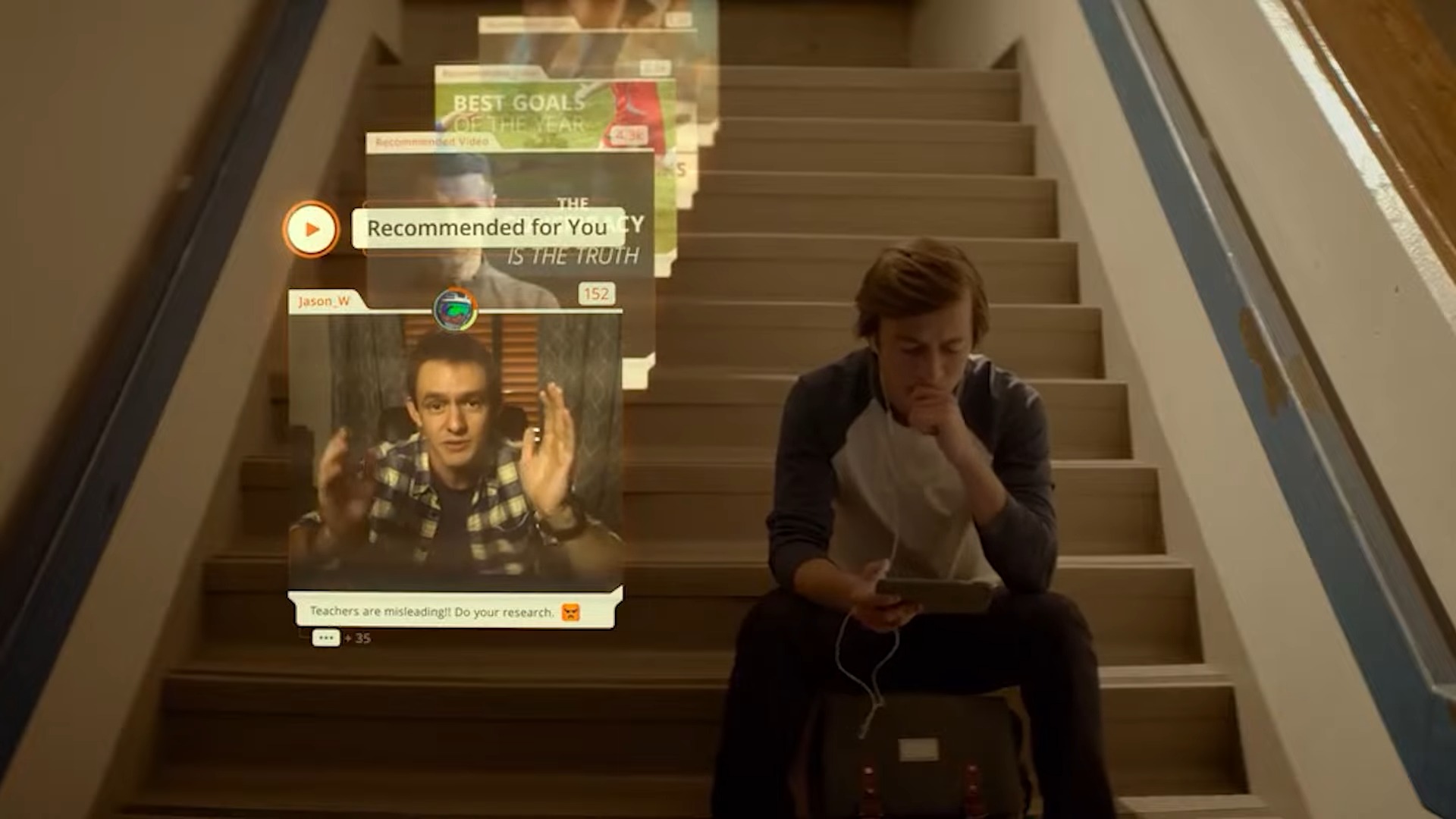
This concept of hyperreality is particularly relevant to Generation Z, who are growing up in an era saturated with digital media. The omnipresence of social media platforms, virtual realities, and digitally manipulated images can blur the line between what is real and what is simulated for these young individuals.
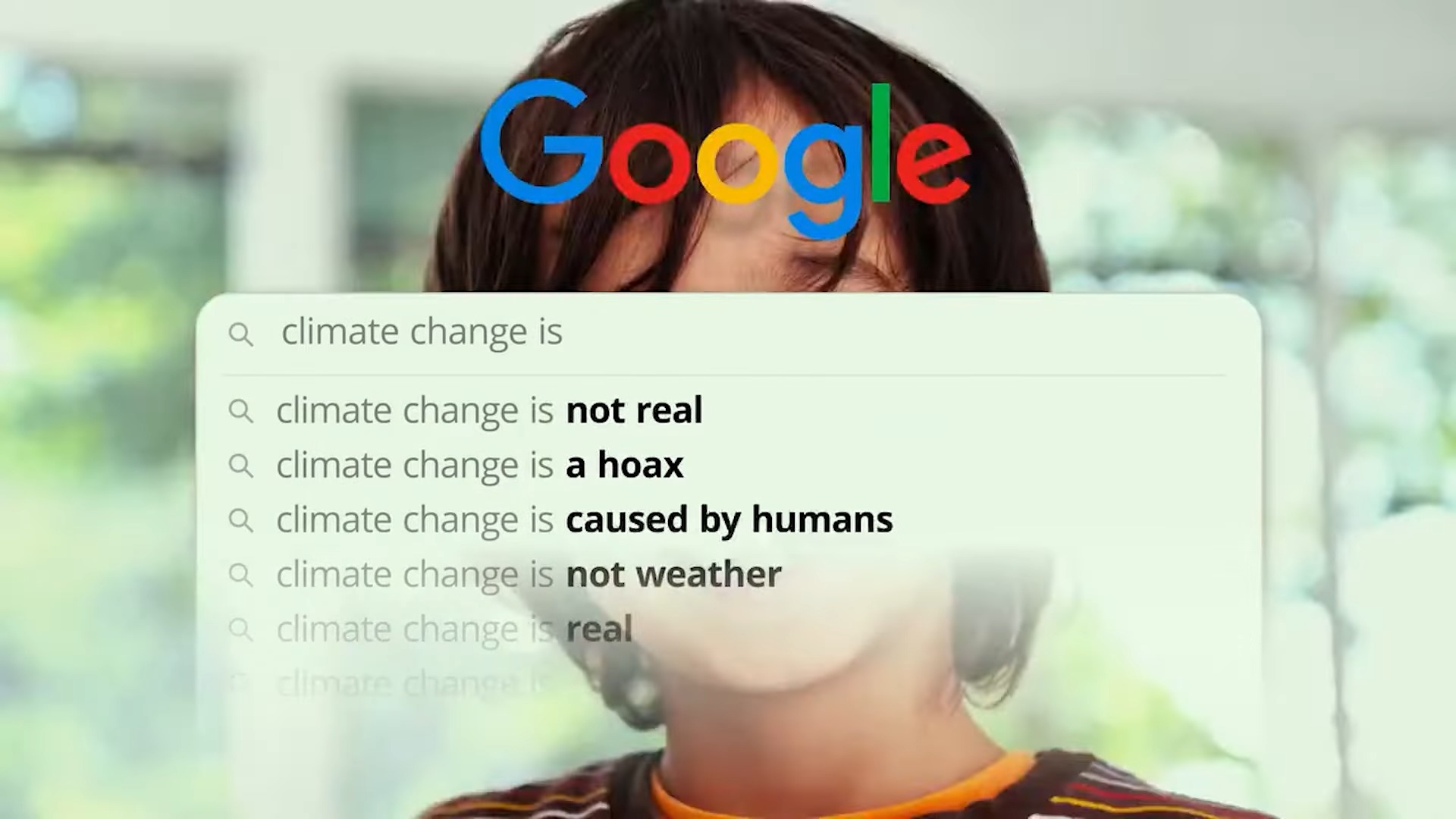
For instance, the value of objects and experiences is often determined by shifting public opinion and trends on social media, rather than intrinsic worth.
The Supreme brick’s soaring resale value exemplifies this phenomenon. Originally sold for $30, it now fetches nearly $1,000 on eBay due to its perceived social value, demonstrating how hyperreality can manipulate and inflate the value of ordinary objects.
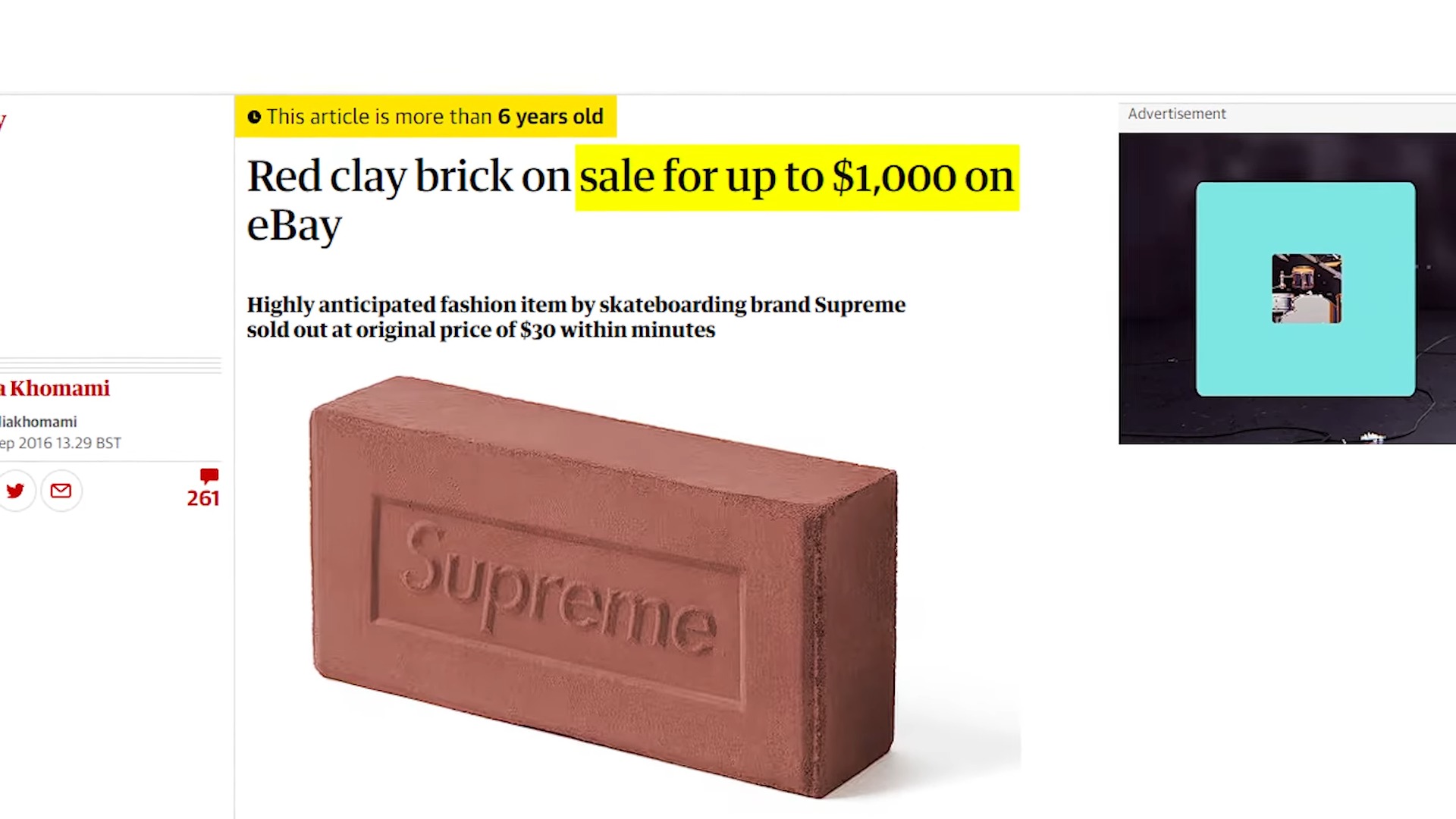
Moreover, traditional life milestones such as finding a partner, settling down, buying a home, and starting a family seem increasingly unattainable for many in Gen Z. Economic struggles, inflated housing prices, and stagnant wages contribute to this problem. The bombardment of information and constant threat of global crises can make reality feel overwhelming and elusive, pushing some to retreat further into the hyperreal world.
Baudrillard’s concept of hyperreality is a useful lens through which we can understand the unique challenges faced by Generation Z. It underscores the need for critical media literacy and economic support to help them navigate this complex landscape.
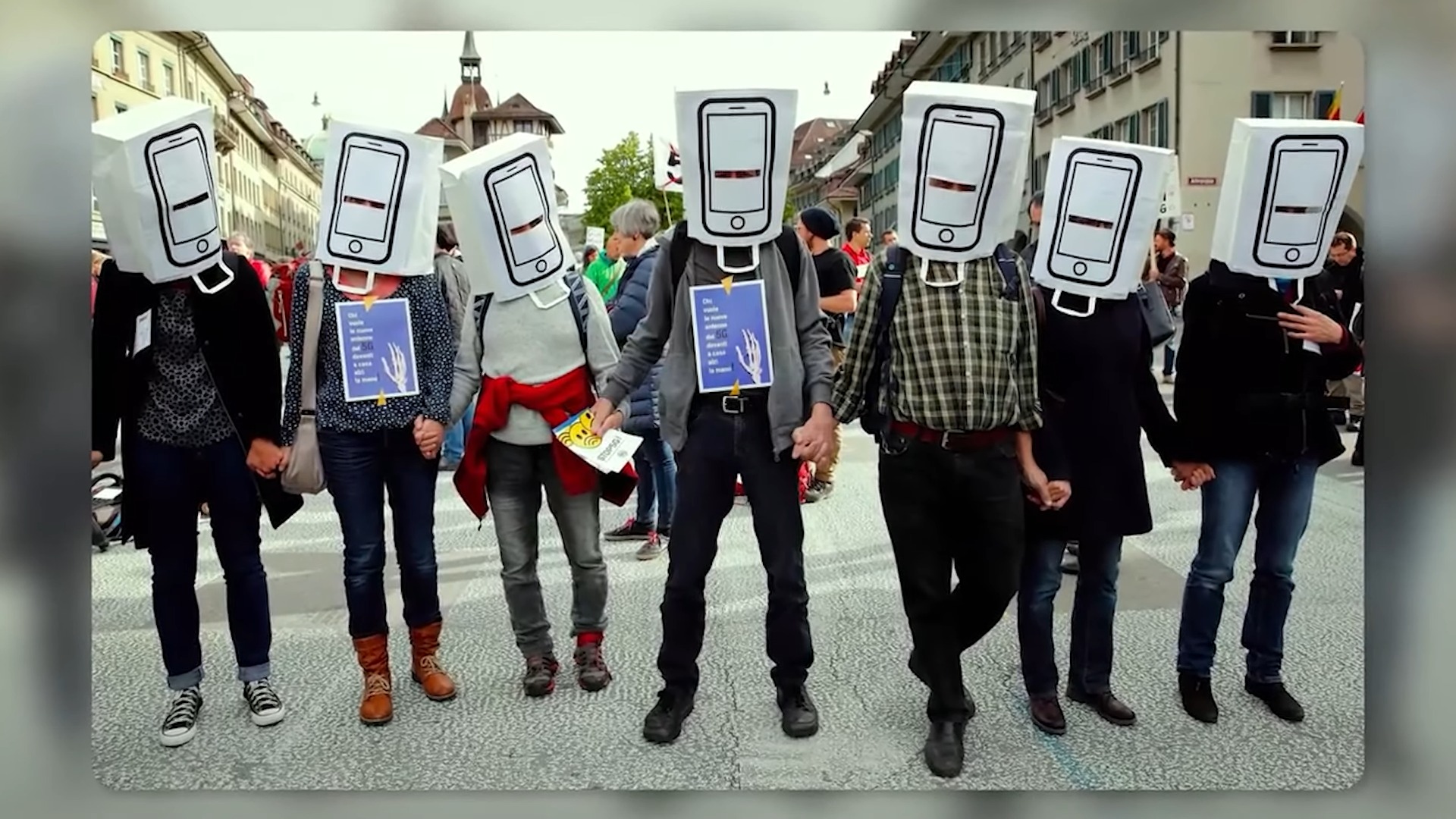
In this hyperreal world, objects and concepts like beauty, tragedy, virtue, and vice are warped and maximized. Beautiful people become impossibly perfect through computer editing and filters, and crises from around the world are suddenly thrust in front of young eyes.
In today’s digital world of symbols and subjectivity, everything becomes more extreme and detached from actual reality. People’s values and beliefs shift to reflect the ever-changing window into public opinion, and objects and people gain value according to how they’re regarded in this hyperreality.
The Impact of Hyperreality
As we see today, the hyperreal world begins to replace the real one entirely. If people act based on hyperreality and social status within it, then it starts to dominate life itself. This is most noticeable in areas of life like fashion, which are already based on symbolism and underlying meanings.
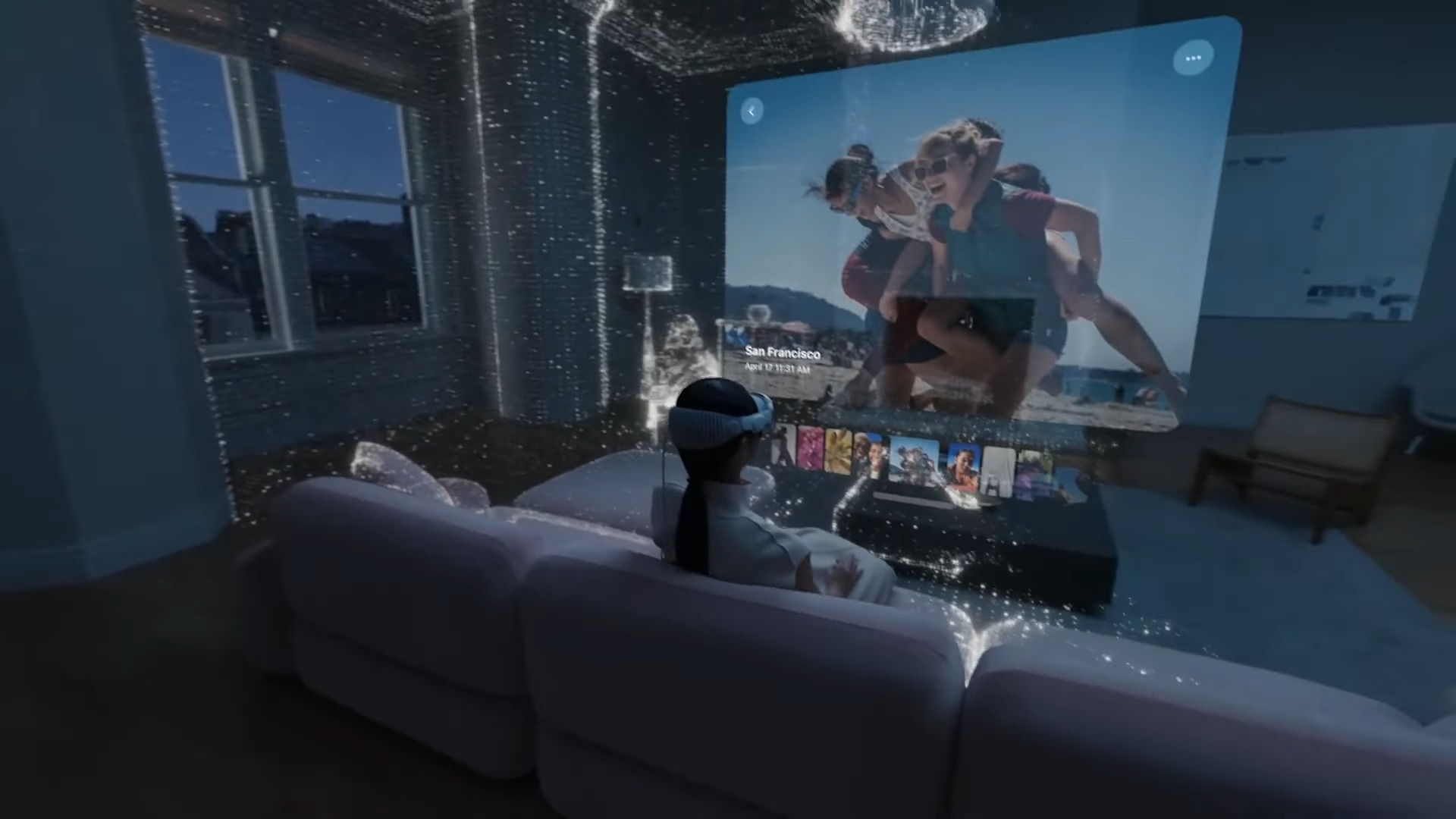
Generation Z finds themselves navigating a path that is vastly different from the one their parents traveled. The milestones have shifted, the terrain has changed, and the journey is arguably more difficult. But understanding these challenges is the first step to supporting them in their unique journey.
Generation Z’s Odyssey: Navigating Value, Economic Struggles, and Hyperreality in Today’s Society
In an increasingly hyperreal world, the value of objects and experiences is determined by shifting opinions and an invisible social hierarchy.
This shift in perceived value and meaning is indicative of a world where everything only has value based on fluctuating public opinion. This makes it challenging for individuals, especially those from Generation Z, to find actual meaning when nothing seems to have any permanent significance.

Today’s societal landscape has also drastically changed, making traditional life markers such as finding a partner, settling down, buying a home, and starting a family increasingly unattainable for many. The root of this problem is largely economic.
For example, the home price to median household income ratio in the US, which measures how many years it would take to save all the money the average American household earns to buy a family home, has nearly doubled since the 1960s. In major cities like Los Angeles and New York, the situation is even more dire.
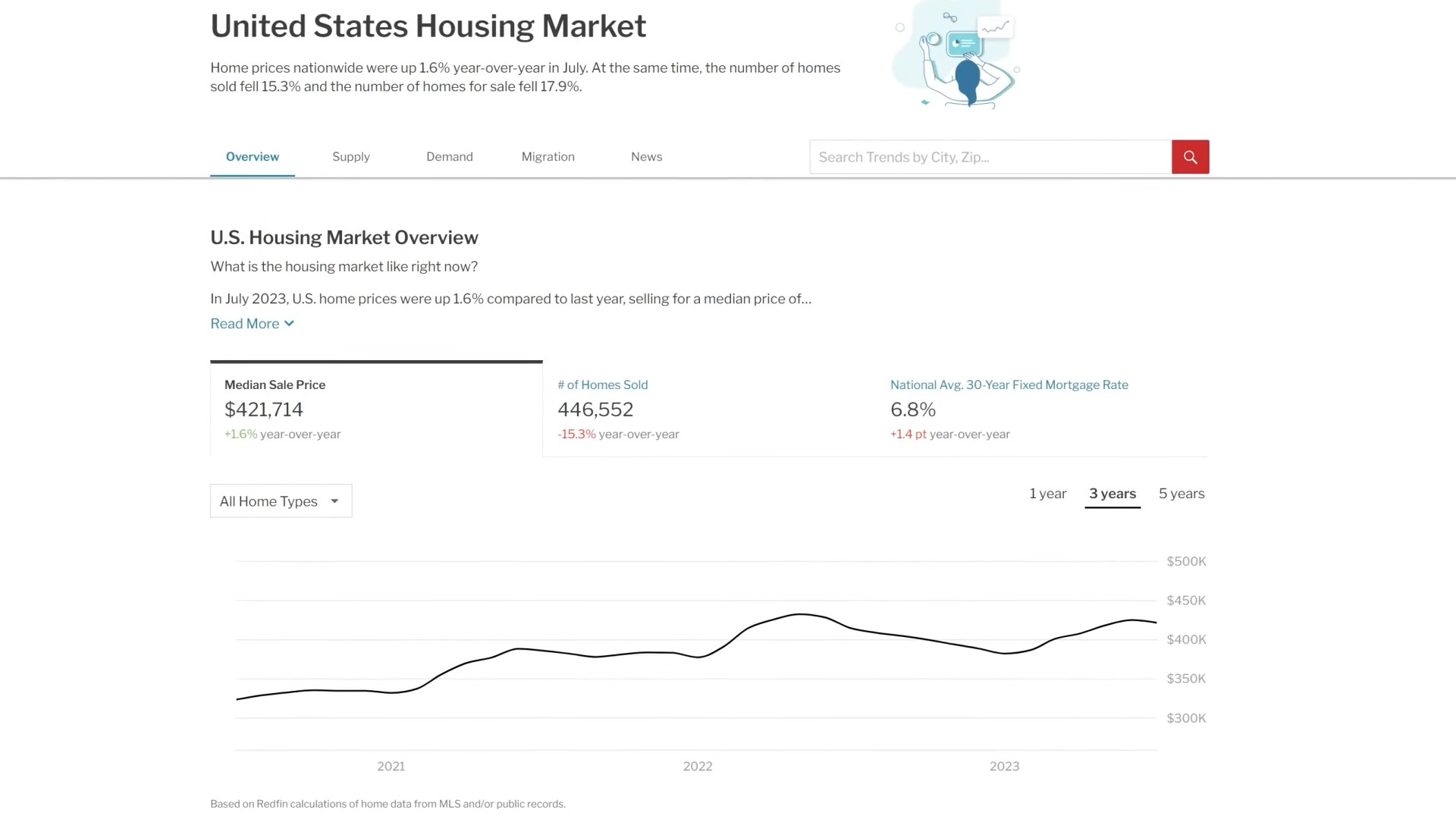
Not to mention the cost of child care which is going up to the moon, which is why so many people in 2023 are less interested in marriage and having kids.
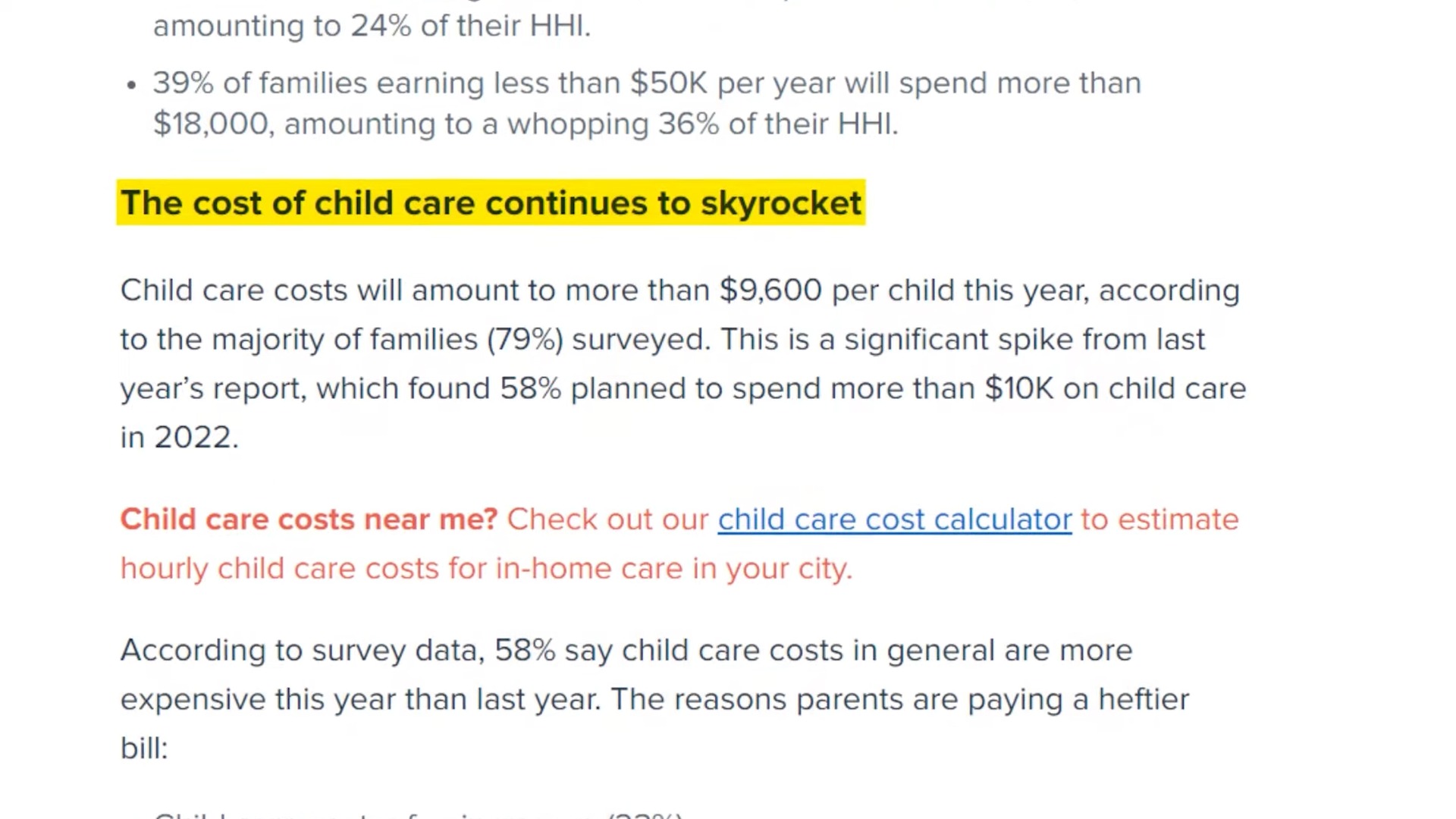
Inflation, corporate profiteering, and stagnant wages have made life more expensive while income growth for most has been minimal. This economic struggle combined with the constant bombardment of information and the looming threat of global crises like war and economic catastrophe can make reality feel overwhelming and elusive.
Surviving in this world often involves navigating the complex interplay between reality and hyperreality. Some people retreat entirely into the hyperreal world, while others grapple with the increasing stratification and rigidity of society.
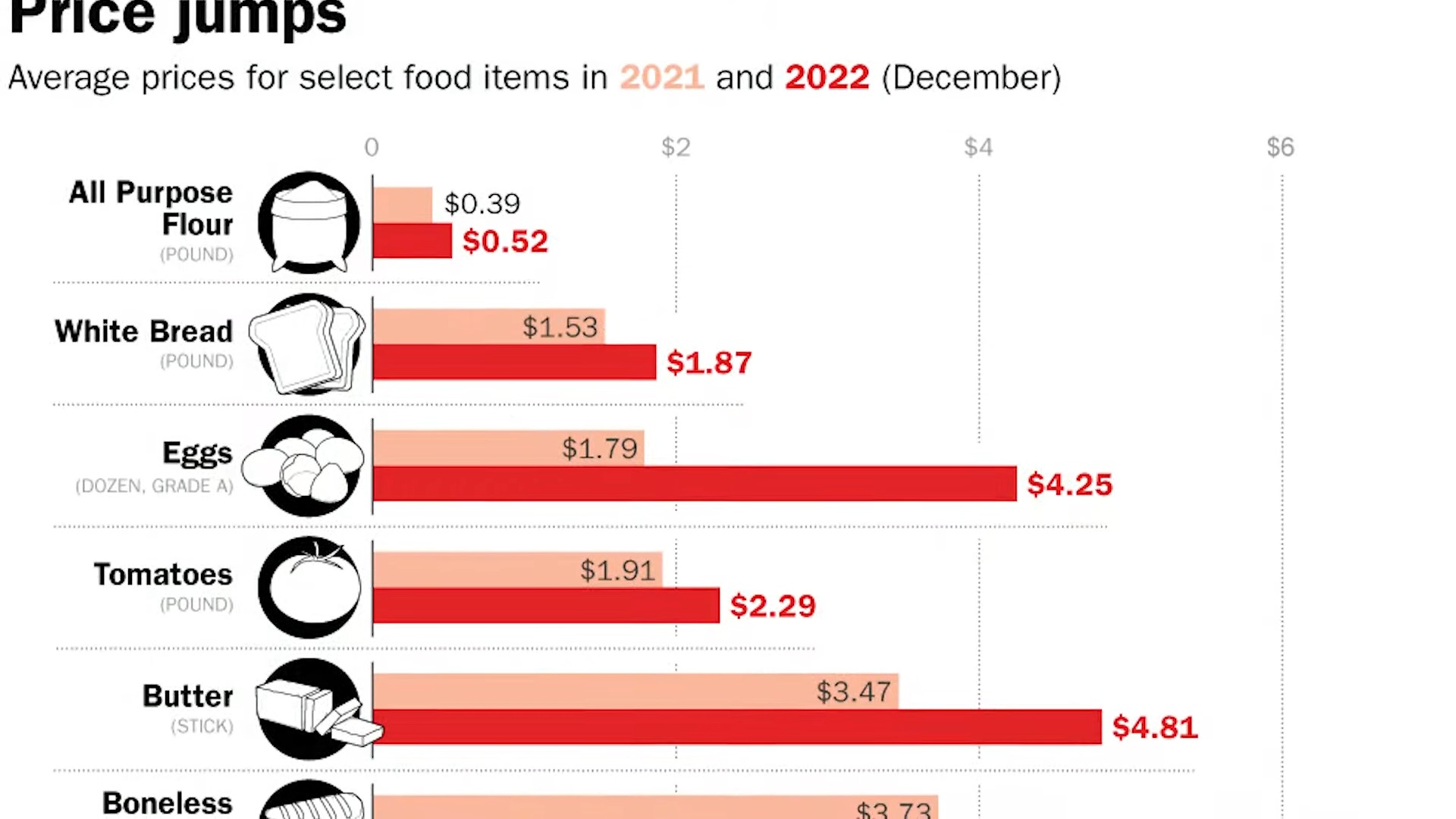
In the face of these challenges, it’s crucial to understand the impact of this shifting landscape on Generation Z and support them as they navigate their unique journey.
As we delve deeper into the crisis of meaning that Generation Z faces, it becomes apparent that there is no single cure or magic phrase to ease these struggles. Every individual’s journey is unique, and the strength required to navigate this complex landscape comes from within themselves and the support of those around them.
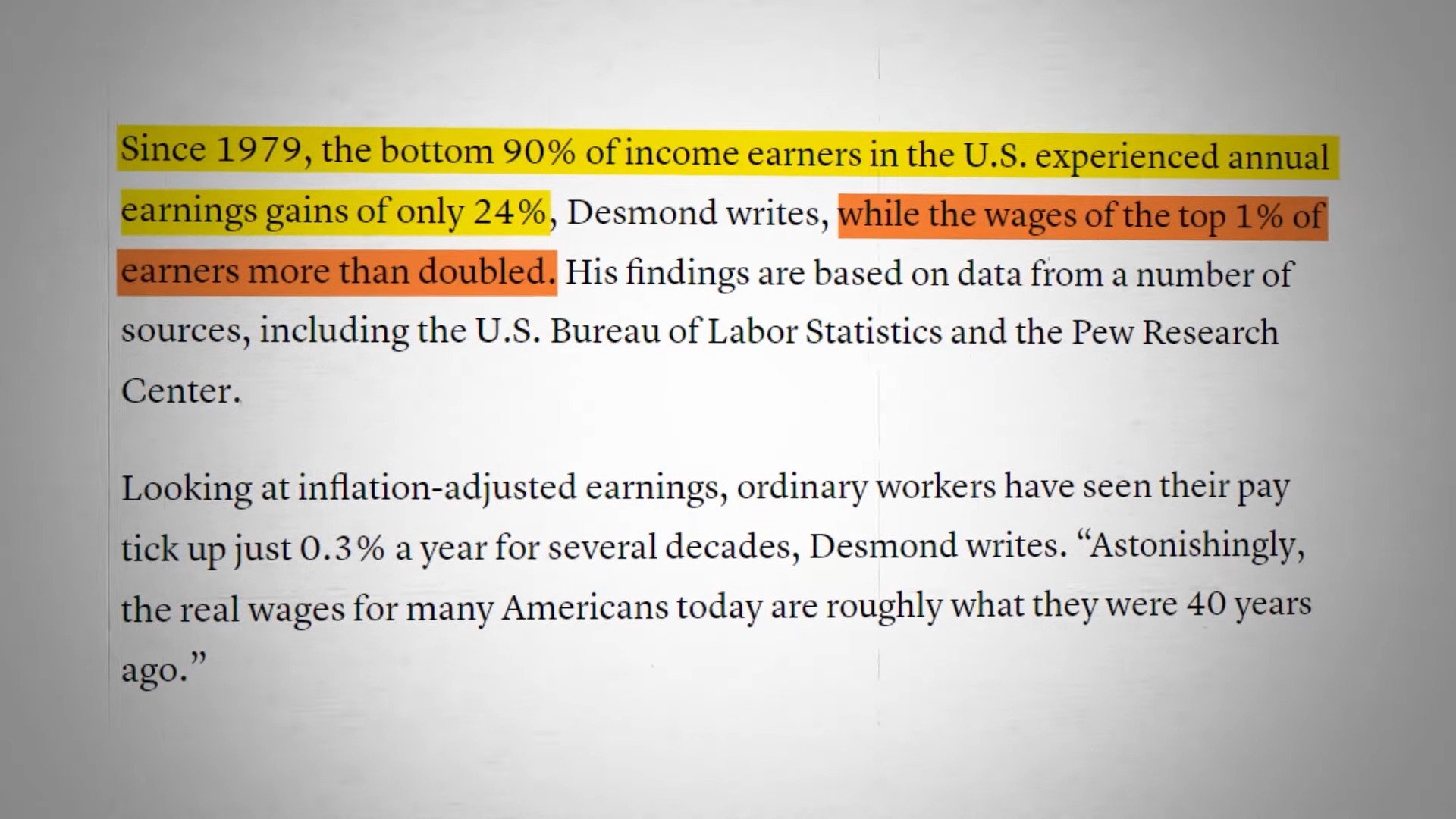
Embracing Hyperreality: A Double-Edged Sword
Andrew Tate, a renowned kickboxing world champion and entrepreneur, advocates for embracing hyperreality fully. He argues that if social status is all that matters in this hyperreal world, why not make it the purpose of life? However, this perspective is more akin to Cypher’s choice in The Matrix than Neo’s.
Cypher chose to ignore reality and indulge in the pleasures of the simulated world.
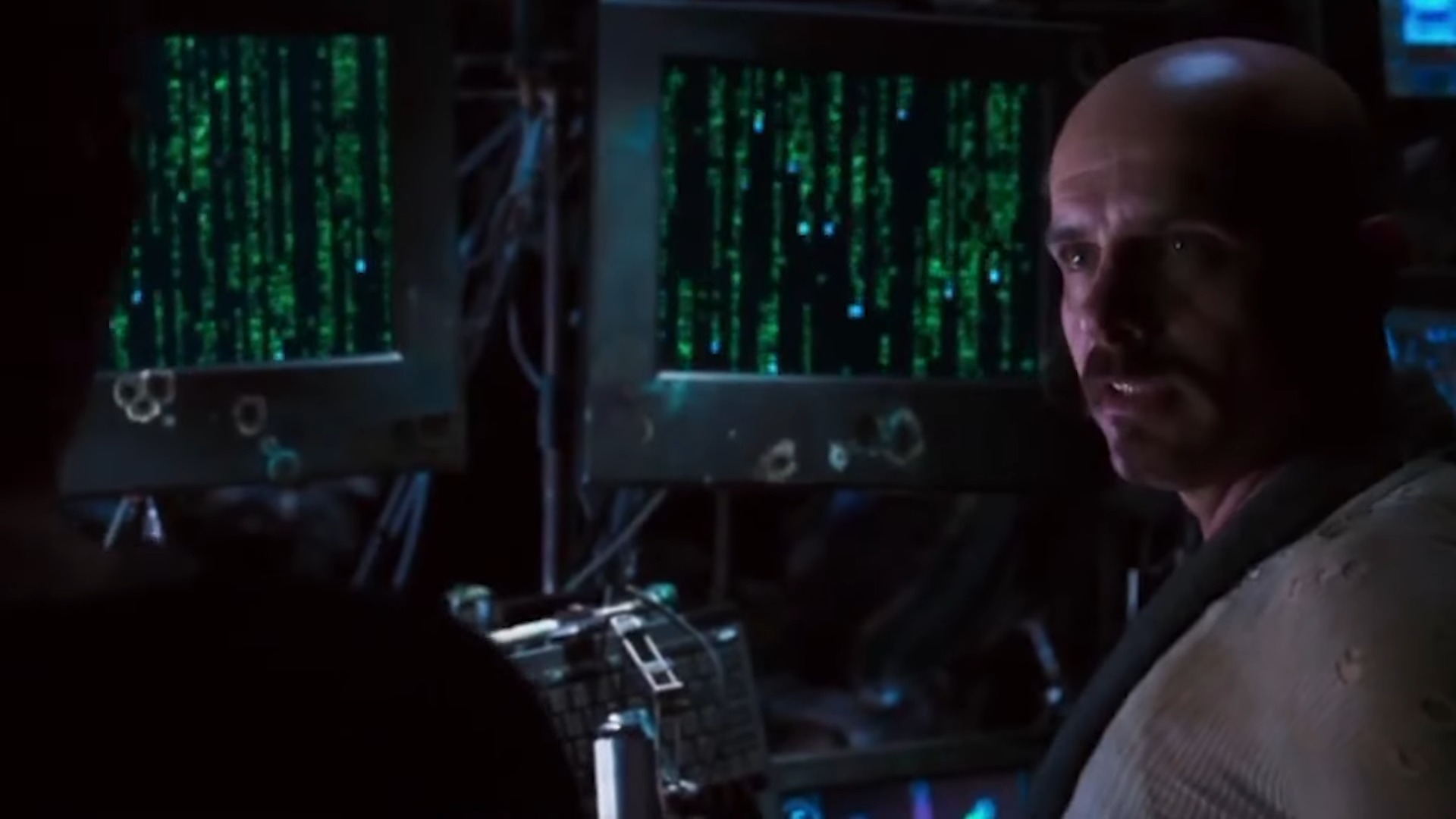
While this might sound appealing, especially to younger generations, it’s important to remember that this idealized lifestyle doesn’t truly exist. It’s a heavily edited, hyperreal version of life that can lead to a hollow existence, devoid of deeper purpose or connection.

Rejecting Hyperreality: Is It Feasible?
On the opposite end of the spectrum, some suggest completely rejecting hyperreality and retreating from society. But is it practical or even possible for most people to uproot their lives and live in seclusion? Additionally, isolating oneself from society means cutting off from community, which is a fundamental human need.

Creating Our Own Values
When the world faced a similar crisis of meaning about 150 years ago, philosopher Friedrich Nietzsche proposed that the only escape from nihilism was to create one’s own values. These values should not be based on the distorted perceptions of hyperreality but should stem from an individual’s personal experiences and perspectives.
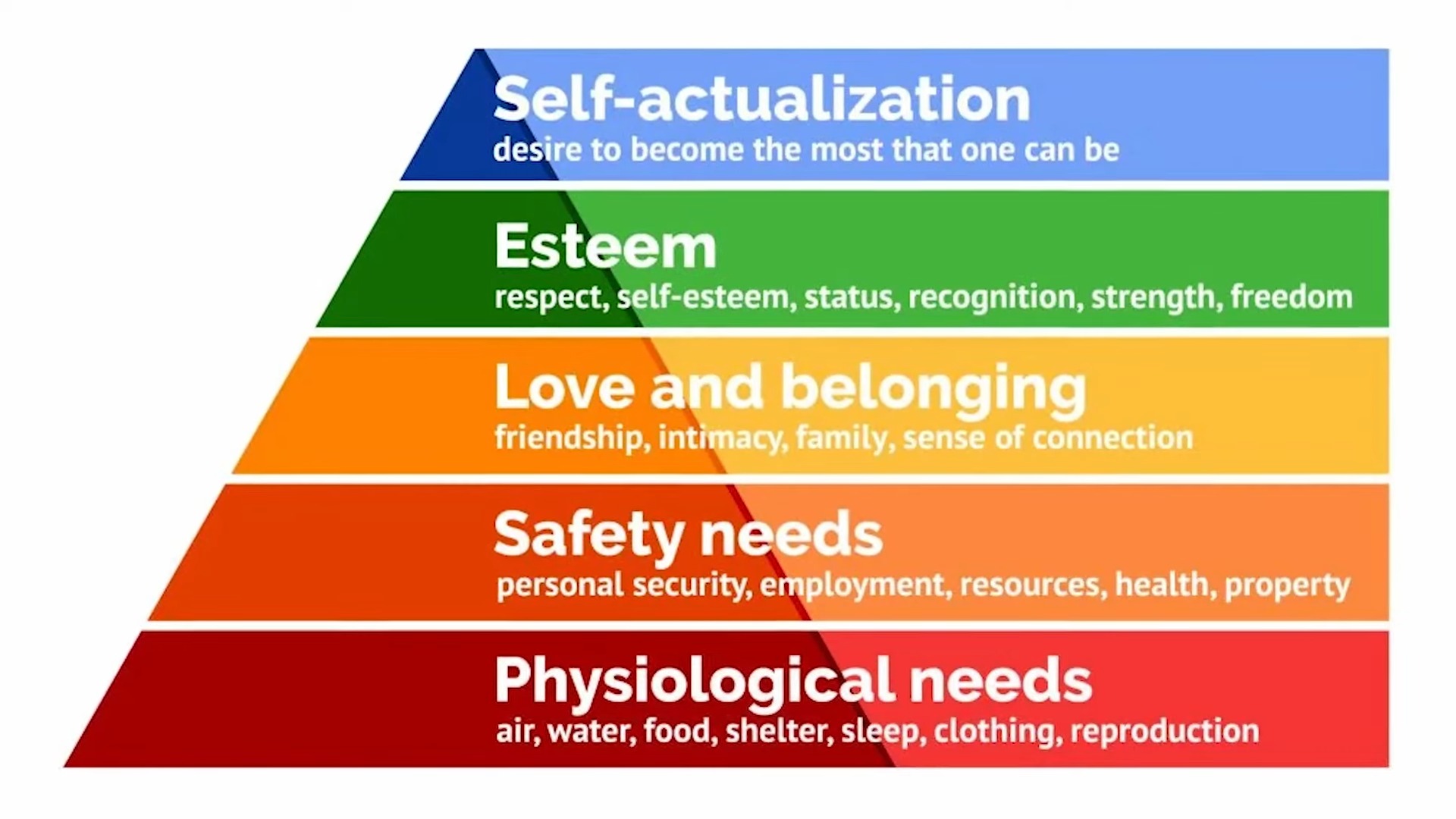
Nietzsche believed that the highest values we can create stem from the innate human will to power. This doesn’t necessarily mean exerting control over others but rather shaping the world around us to suit our purposes.
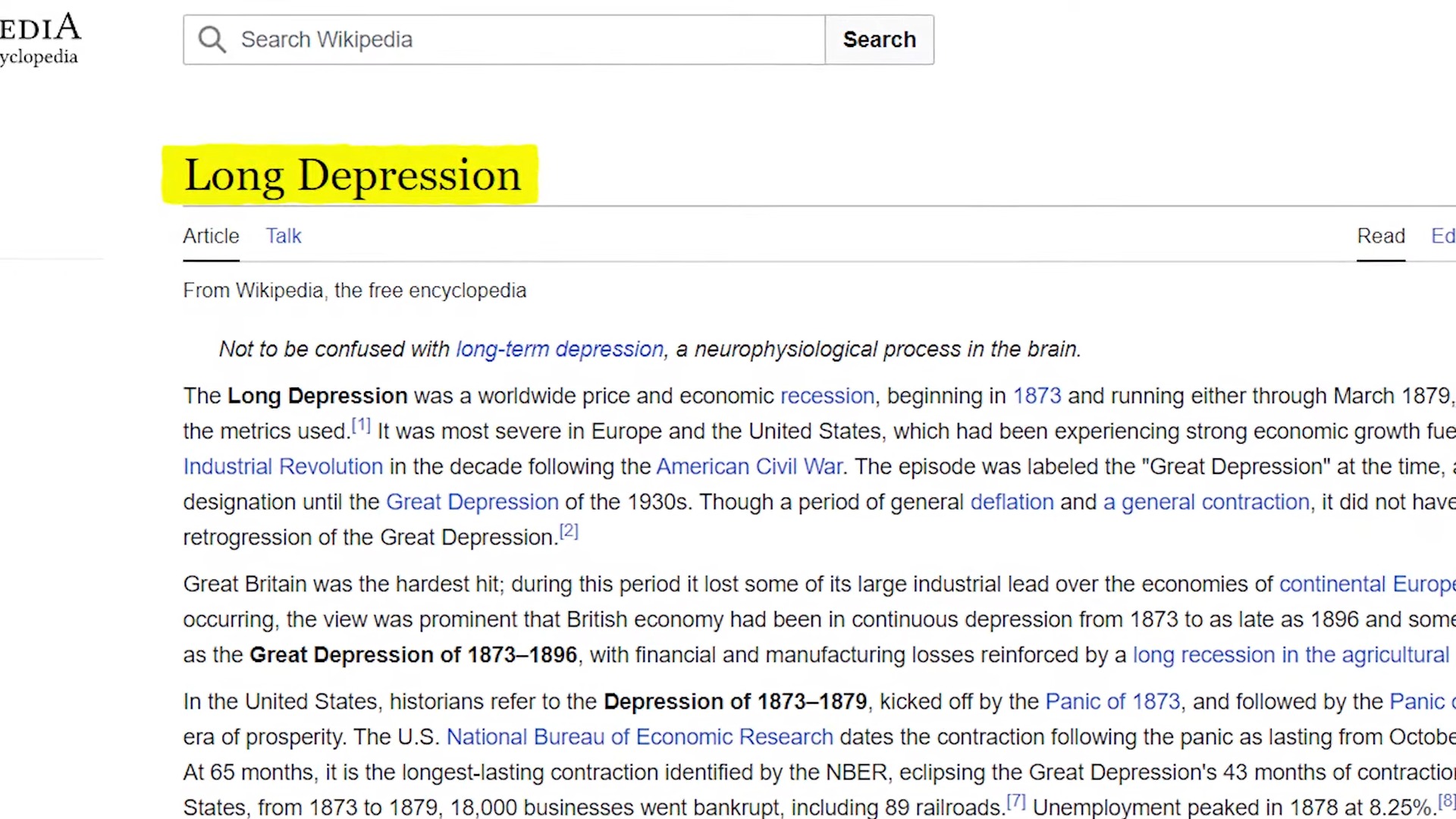
Final Thoughts
The world is indeed going through a crisis, and it needs strong, principled individuals to navigate these complex issues. The only thing one can do is to worry about their own world and the people around them. The rest, as they say, is up to fate.
In times of crisis, strong individuals emerge. Make sure you’re one of them.

If you could imagine walking down a long dirt road, the same path your parents have traveled, you’d probably picture a journey filled with milestones that stretch out in front of you. These landmarks are considered rites of passage by your parents, but as you traverse this path, these milestones seem to get further and further away. Sometimes, you’re hindered by storms and muddy roads, and despite your efforts, it feels like you’ve barely made any progress. This metaphorical journey is an apt depiction of the struggles faced by Generation Z.

The Hand They’ve Been Dealt
Generation Z, often referred to as the most apathetic, cynical, and detached generation in living history, has been dealt a challenging hand. The traditional life progression—finding a meaningful relationship, buying a home, starting a family, securing a good job—has become increasingly difficult to achieve. Society once had set structures that guaranteed rewards for those who followed the rules, providing a sense of purpose and meaning. However, these structures have been systematically stripped away over the past few decades.

Growing up, they were told they could achieve anything, but the reality they grew into was far from this promised paradise. A few hundred years ago, people learned about the world from those around them and built their beliefs based on their community’s structure and traditions. The Enlightenment and the Scientific Revolution expanded these worldviews, and as religion lost its dominant role, ideology came in to replace it.

The Internet and Hyperreality
But even as traditional structures were replaced by ideological ones, there was still a clear path and worldview shared among communities. Then came the internet, access to mass media from across the world, and a sea of ideas for young minds to navigate.
This has led to the phenomenon of hyperreality, described by philosopher and sociologist Jean Baudrillard as a world beyond worlds.

Hyperreality, a term coined by French sociologist and philosopher Jean Baudrillard, refers to the phenomenon where the distinction between reality and a simulation of reality becomes blurred. In Baudrillard’s view, our postmodern society is characterized by a proliferation of such simulations, or simulacra, which can often feel more real than reality itself.
According to Baudrillard, we live in a world where ‘maps’ of reality – such as those presented through television, film, and social media – are perceived as more real than our actual lives. This state of hyperreality arises when the representation of things takes precedence over the things themselves. It is a condition where people can no longer distinguish the real from the fabricated, leading to a state of perpetual cultural confusion.

This concept of hyperreality is particularly relevant to Generation Z, who are growing up in an era saturated with digital media. The omnipresence of social media platforms, virtual realities, and digitally manipulated images can blur the line between what is real and what is simulated for these young individuals.

For instance, the value of objects and experiences is often determined by shifting public opinion and trends on social media, rather than intrinsic worth.
The Supreme brick’s soaring resale value exemplifies this phenomenon. Originally sold for $30, it now fetches nearly $1,000 on eBay due to its perceived social value, demonstrating how hyperreality can manipulate and inflate the value of ordinary objects.

Moreover, traditional life milestones such as finding a partner, settling down, buying a home, and starting a family seem increasingly unattainable for many in Gen Z. Economic struggles, inflated housing prices, and stagnant wages contribute to this problem. The bombardment of information and constant threat of global crises can make reality feel overwhelming and elusive, pushing some to retreat further into the hyperreal world.
Baudrillard’s concept of hyperreality is a useful lens through which we can understand the unique challenges faced by Generation Z. It underscores the need for critical media literacy and economic support to help them navigate this complex landscape.

In this hyperreal world, objects and concepts like beauty, tragedy, virtue, and vice are warped and maximized. Beautiful people become impossibly perfect through computer editing and filters, and crises from around the world are suddenly thrust in front of young eyes.
In today’s digital world of symbols and subjectivity, everything becomes more extreme and detached from actual reality. People’s values and beliefs shift to reflect the ever-changing window into public opinion, and objects and people gain value according to how they’re regarded in this hyperreality.
The Impact of Hyperreality
As we see today, the hyperreal world begins to replace the real one entirely. If people act based on hyperreality and social status within it, then it starts to dominate life itself. This is most noticeable in areas of life like fashion, which are already based on symbolism and underlying meanings.

Generation Z finds themselves navigating a path that is vastly different from the one their parents traveled. The milestones have shifted, the terrain has changed, and the journey is arguably more difficult. But understanding these challenges is the first step to supporting them in their unique journey.
Generation Z’s Odyssey: Navigating Value, Economic Struggles, and Hyperreality in Today’s Society
In an increasingly hyperreal world, the value of objects and experiences is determined by shifting opinions and an invisible social hierarchy.
This shift in perceived value and meaning is indicative of a world where everything only has value based on fluctuating public opinion. This makes it challenging for individuals, especially those from Generation Z, to find actual meaning when nothing seems to have any permanent significance.

Today’s societal landscape has also drastically changed, making traditional life markers such as finding a partner, settling down, buying a home, and starting a family increasingly unattainable for many. The root of this problem is largely economic.
For example, the home price to median household income ratio in the US, which measures how many years it would take to save all the money the average American household earns to buy a family home, has nearly doubled since the 1960s. In major cities like Los Angeles and New York, the situation is even more dire.

Not to mention the cost of child care which is going up to the moon, which is why so many people in 2023 are less interested in marriage and having kids.

Inflation, corporate profiteering, and stagnant wages have made life more expensive while income growth for most has been minimal. This economic struggle combined with the constant bombardment of information and the looming threat of global crises like war and economic catastrophe can make reality feel overwhelming and elusive.
Surviving in this world often involves navigating the complex interplay between reality and hyperreality. Some people retreat entirely into the hyperreal world, while others grapple with the increasing stratification and rigidity of society.

In the face of these challenges, it’s crucial to understand the impact of this shifting landscape on Generation Z and support them as they navigate their unique journey.
As we delve deeper into the crisis of meaning that Generation Z faces, it becomes apparent that there is no single cure or magic phrase to ease these struggles. Every individual’s journey is unique, and the strength required to navigate this complex landscape comes from within themselves and the support of those around them.

Embracing Hyperreality: A Double-Edged Sword
Andrew Tate, a renowned kickboxing world champion and entrepreneur, advocates for embracing hyperreality fully. He argues that if social status is all that matters in this hyperreal world, why not make it the purpose of life? However, this perspective is more akin to Cypher’s choice in The Matrix than Neo’s.
Cypher chose to ignore reality and indulge in the pleasures of the simulated world.

While this might sound appealing, especially to younger generations, it’s important to remember that this idealized lifestyle doesn’t truly exist. It’s a heavily edited, hyperreal version of life that can lead to a hollow existence, devoid of deeper purpose or connection.

Rejecting Hyperreality: Is It Feasible?
On the opposite end of the spectrum, some suggest completely rejecting hyperreality and retreating from society. But is it practical or even possible for most people to uproot their lives and live in seclusion? Additionally, isolating oneself from society means cutting off from community, which is a fundamental human need.

Creating Our Own Values
When the world faced a similar crisis of meaning about 150 years ago, philosopher Friedrich Nietzsche proposed that the only escape from nihilism was to create one’s own values. These values should not be based on the distorted perceptions of hyperreality but should stem from an individual’s personal experiences and perspectives.

Nietzsche believed that the highest values we can create stem from the innate human will to power. This doesn’t necessarily mean exerting control over others but rather shaping the world around us to suit our purposes.

Final Thoughts
The world is indeed going through a crisis, and it needs strong, principled individuals to navigate these complex issues. The only thing one can do is to worry about their own world and the people around them. The rest, as they say, is up to fate.
In times of crisis, strong individuals emerge. Make sure you’re one of them.

